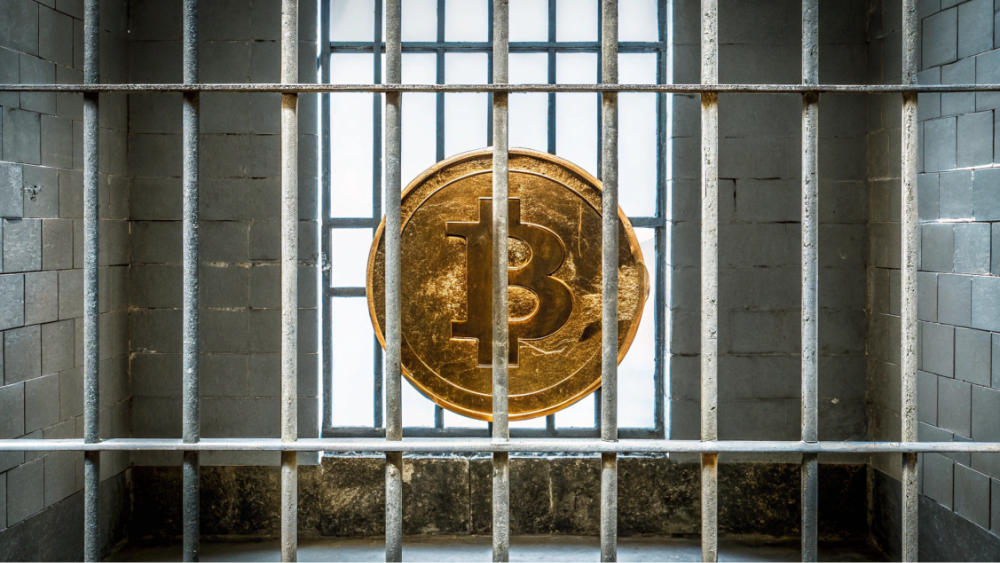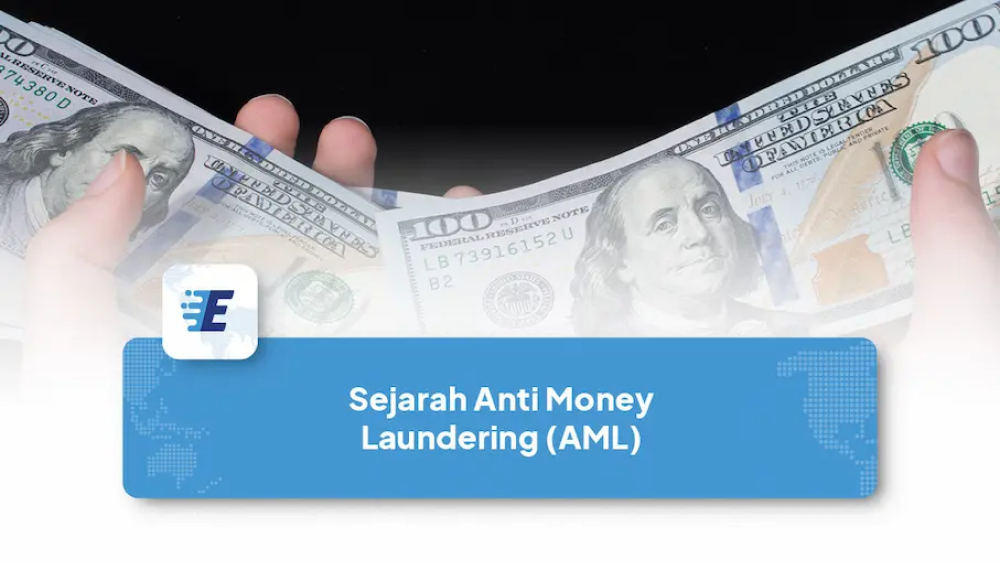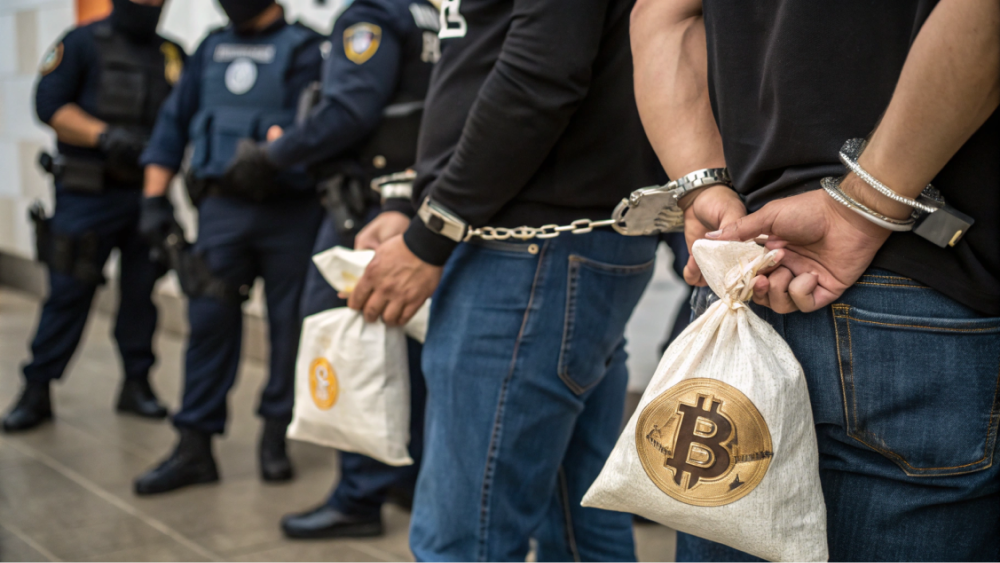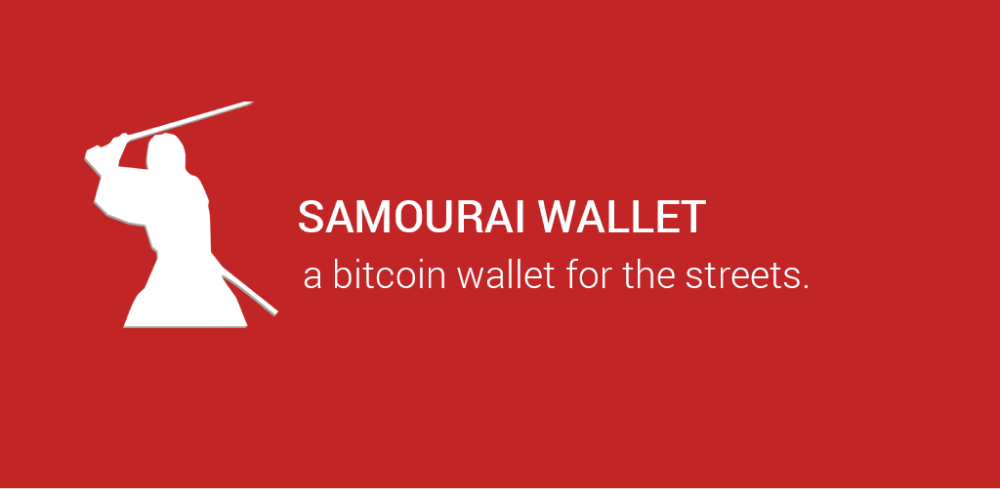The "Anonymous Cloak" of Cryptocurrency: Why Is It Frequently Targeted?
The original intention behind the birth of cryptocurrency was to achieve a more free and efficient transfer of value, but its anonymity and decentralized characteristics have inadvertently become the "perfect tool" for criminals. Technically, cryptocurrency transaction records are immutable and transparently public, but there is a key point that gives regulators a headache: the identity information of both parties in a transaction can remain anonymous. While this design protects privacy, it also makes it difficult to track the flow of funds, providing a hidden channel for activities such as money laundering, tax evasion, and even terrorist financing.
Imagine a criminal "washing" illegal funds through cryptocurrency and then converting those funds into legitimate assets through cross-border transactions; such operations can easily evade the oversight of traditional financial systems. Even with the public ledger of blockchain, tracking the true source and destination of these funds remains a dual challenge of technology and resources. Therefore, cryptocurrency has become the "darling" of money laundering activities, and it is no wonder that it frequently appears on the blacklist of global regulatory agencies.

Global Regulatory "Joint Strike": How Are Countries Taking Action?
China: Wielding the Regulatory Sword to Cut Off Illegal Chains
China's attitude towards cryptocurrency can be described as "thunderous measures." Since 2013, Chinese regulatory authorities have frequently intervened in cryptocurrency activities, targeting areas such as ICOs, token financing, and illegal trading. For example, the "Announcement on Preventing Risks of Token Issuance Financing" released in 2017 explicitly classified ICOs as unauthorized illegal public financing activities, directly stating that they involve illegal fundraising and pyramid schemes. Once this announcement was made, the market fell into panic, and many project teams were forced to move overseas.
However, China's regulation did not stop there. The mining ban in 2021 directly caused cryptocurrency mining and exchange operations to "shut down" in mainland China. The once-thriving domestic mining machine industry was forced to relocate to Kazakhstan, the United States, and other places. The Chinese government's stance is very clear: cryptocurrency and related activities are absolutely not allowed to become a "breeding ground" for financial risks.

United States: From "Boiling a Frog" to Strong Intervention
The regulatory approach in the United States resembles a combination of "soft and hard measures." Although it once allowed the cryptocurrency industry to survive in a policy gray area, regulatory efforts have significantly intensified in recent years. For example, in December 2024, the U.S. Treasury closed a cryptocurrency money laundering network linked to North Korea, which laundered crypto assets through the UAE company Green Alpine Trading, LLC, converting them into cash. This action not only demonstrated the U.S.'s international regulatory cooperation capabilities but also showcased its zero-tolerance attitude towards cryptocurrency crime.
Additionally, the U.S. has attempted to bring the cryptocurrency industry under regulatory frameworks through various regulations, such as anti-money laundering (AML) and know your customer (KYC) rules. Although there is considerable controversy within the industry regarding this, the U.S. government's stance is clear: regardless of how innovative the cryptocurrency industry becomes, legal red lines cannot be crossed.

Australia: The "Regulatory Ace" of Emerging Markets
As a market where cryptocurrency trading activities are increasingly active, Australia is also continuously strengthening its regulatory efforts. In December 2024, the Australian Transaction Reports and Analysis Centre (AUSTRAC) introduced stricter anti-money laundering and counter-terrorism financing (AML/CTF) rules. These rules require cryptocurrency exchanges and other industries involved in financial activities to conduct more rigorous customer due diligence while maintaining transparency in cross-border asset transfers.
Notably, Australia's regulatory strategy is gradually shifting towards "preventive regulation," aiming to curb potential illegal activities early through clear rules and strong enforcement, which may provide a reference template for other countries.

Other Countries: Each Showing Their Skills, Fighting Their Own Battles
In addition to major countries like China, the U.S., and Australia, some smaller countries have also begun to "take action" against cryptocurrency crime. For example, Brazilian authorities have conducted multiple law enforcement actions against criminal networks using cryptocurrency for money laundering; Nigerian law enforcement arrested nearly 800 cryptocurrency fraud suspects in one go; and in Europe, Austrian police successfully cracked a cryptocurrency fraud case worth $1.26 million. These cases indicate that cryptocurrency regulation has become a global issue.

Unveiling the Dark Secrets Behind Scams: Analysis of Two Major Hot Cases
Plus Token: A "Ponzi Scheme" Costing 40 Billion
If there were to be a "textbook of scams" in the cryptocurrency field, Plus Token would definitely be on the list. In 2018, this platform, claiming to be a "blockchain innovation project," lured a large number of global investors with high returns. However, by 2019, the platform's operating team suddenly absconded, leaving a funding gap worth up to 40 billion yuan. This scam not only caused countless investors to lose their entire investments but also highlighted the enormous risks of illegal fundraising in cryptocurrency.

Samourai Wallet: The Legal Boundaries of Anonymous Mixing
In September 2024, the U.S. government arrested two co-founders of the cryptocurrency mixing service Samourai Wallet, accusing them of money laundering. The essence of mixing services is to protect privacy by obscuring transaction paths, but it also facilitates money laundering activities. The trial date for this case is set for November 2025, which not only tests Samourai Wallet but also profoundly questions how the cryptocurrency industry can balance privacy and compliance.

The Future of Cryptocurrency Regulation: The Art of Balancing Innovation and Risk
Although countries around the world are trying to use the iron fist of law to curb cryptocurrency money laundering, the issues are far more complex than they appear. The technology of cryptocurrency itself has cross-border and decentralized characteristics, meaning that any single country's regulation may face the risk of becoming "ineffective." For example, a country's stringent policies may drive criminals to regions with looser regulations, creating a "whack-a-mole" cycle.
In this context, international cooperation becomes particularly important. Countries not only need to strengthen cooperation in information sharing and law enforcement collaboration but also need to jointly establish unified industry standards to avoid regulatory arbitrage. At the same time, regulators must recognize that cryptocurrency and blockchain technology are not inherently "original sins"; they also hold immense potential in financial innovation and social governance.
As Professor Deng Jianpeng of Central University of Finance and Economics stated: the key to regulation lies in balance. Governments should find the optimal solution between protecting investor interests and promoting technological innovation, rather than outright banning the technology itself.
"Currently, over 75% of the top 50 tokens have outperformed Bitcoin in the past 90 days, injecting much-needed vitality into the market. The core driving force behind this phenomenon is worth our careful exploration."
If you have any questions, you can contact us through the following official channels:
AICoin Official Website: www.aicoin.com
Telegram: t.me/aicoincn
Twitter: x.com/AICoincom
Email: support@aicoin.com
Group Chat: Customer Service Yingying、Customer Service KK
免责声明:本文章仅代表作者个人观点,不代表本平台的立场和观点。本文章仅供信息分享,不构成对任何人的任何投资建议。用户与作者之间的任何争议,与本平台无关。如网页中刊载的文章或图片涉及侵权,请提供相关的权利证明和身份证明发送邮件到support@aicoin.com,本平台相关工作人员将会进行核查。



